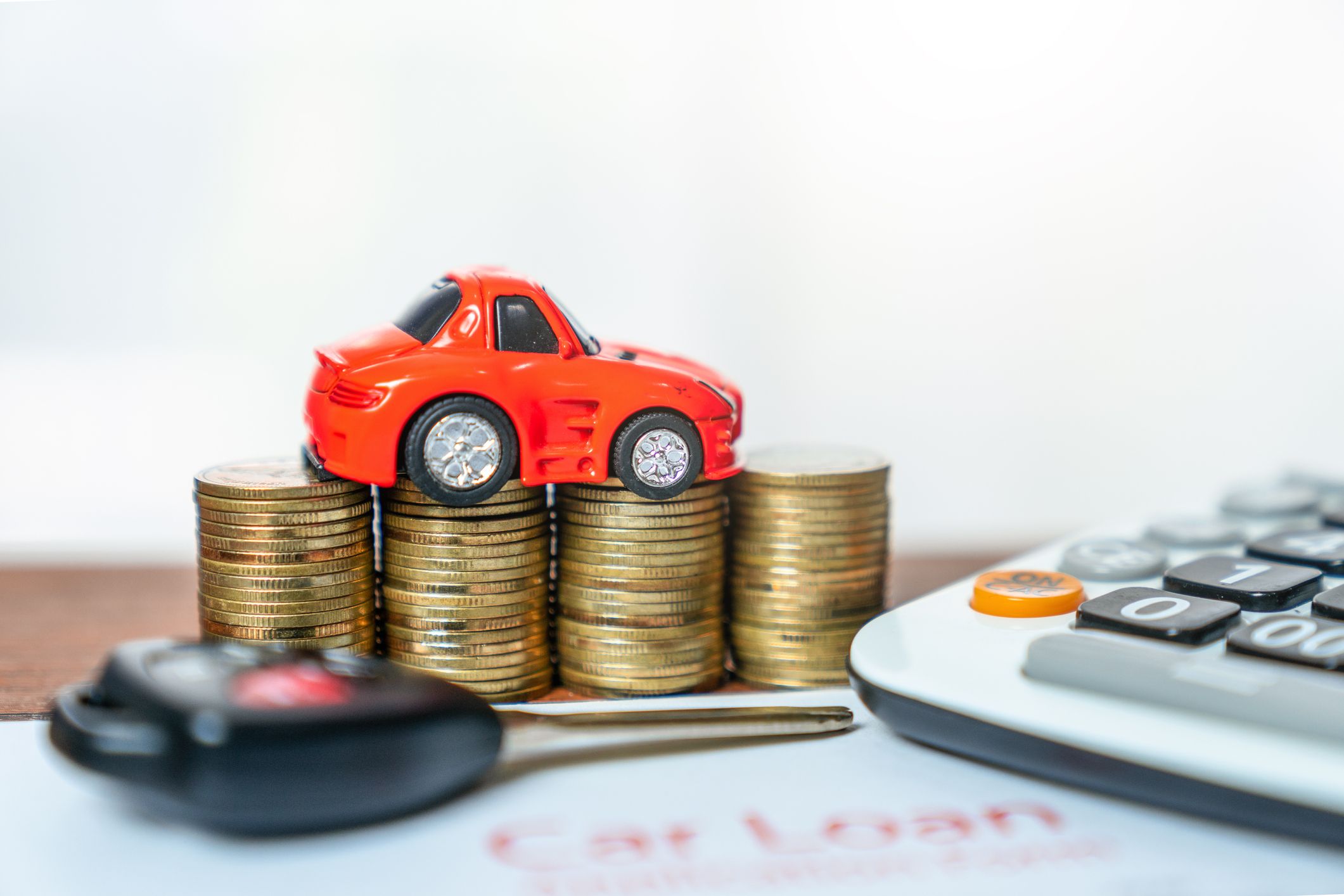
Depreciation is something that every motorist needs to be aware of because it can have a huge impact on how much money you can receive when you sell your car. Car depreciation is the difference in value from when it was first purchased to when you sell it and vehicles start losing value as soon as they are driven off the forecourt. The rate of depreciation varies, but it can be as much as 35% after just one year and over 50% after three.
Factors Determining Depreciation
So, what are the main factors that determine the rate of depreciation? There are a number of factors, including the make and model of the vehicle, age, mileage, the number of previous owners and the service history. This also means that there are steps that a motorist can take to minimize depreciation and retain as much value as possible over the years.
Vehicle Maintenance
One of the most important steps to take is to maintain the vehicle over the years. In addition to sticking to the service schedule, you should also be performing basic maintenance tasks throughout the year to keep the car in the best possible condition. This will include things like topping the tyre pressure up, changing the engine oil and cleaning the car inside and out. When you do take the car to be serviced, you should always book your appointment with a specialist dealership that has state-of-the-art equipment.
Avoid Modifications
Modifying the vehicle can also contribute to depreciation and could make the car harder to sell. This is why you should avoid unnecessary modifications like spoilers, wide wheels and flared wheel arches.
Keeping Mileage Down
The more miles that you cover, the less the car is worth, so it is smart to keep your mileage down (this can also lower your running costs too). This is not always possible, but try to think about alternative forms of transport like walking/cycling when you can as this is free, good for your health, environmentally friendly and can slow the rate of depreciation.
Keep Records Up to Date
In addition to looking after the vehicle, you also need to make sure that you keep all of the paperwork organized and up to date. You need to keep hold of all records, receipts and documents as proof that the vehicle has been looked after and to pass over to the buyer when the time comes.
Hopefully, this information will help and allow you to slow down the rate of depreciation for your car. It can be a nasty shock to learn just how much value your car has lost, especially if you bought the car new when the rate of depreciation is at its highest, but there are steps that you can take to prevent taking such a large financial hit.